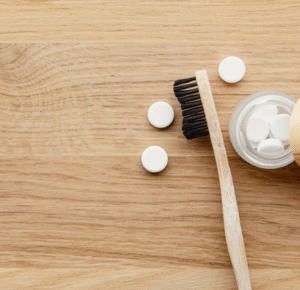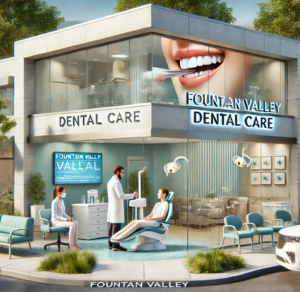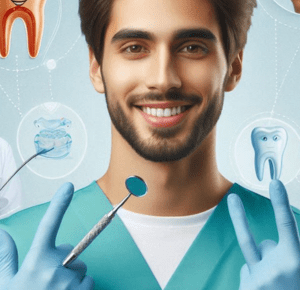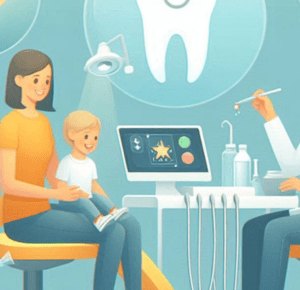
Consuming sugar has become an integral part of our daily lives, but its impact on oral health cannot be ignored. The sweet indulgence we often crave can lead to a world of trouble for our teeth and gums. When consumed excessively, sugar can lead to the production of acid, causing tooth decay, cavities, and a host of other oral health issues. As we delve into the world of sugar and its effects on oral health, it becomes clear that moderation is key to maintaining a healthy, happy smile.
This informative blog curated by the general dentist in Fairfield, CA will help us know the risks associated with excessive sugar consumption and ways to reduce sugar intake for a healthier smile.
Understanding the sugar-oral health connection
The sugar-oral health connection is a complex relationship between the consumption of sugar and its impact on oral health. Here’s a breakdown of how it works:
- Sugar consumption: When we eat or drink sugary substances, the sugar molecules linger in our mouths.
- Bacterial feeding: Oral bacteria, especially Streptococcus mutans, feed on these sugar molecules.
- Acid production: As bacteria feed, they produce acid as a byproduct, lowering the pH in the mouth.
- Tooth decay: Acid dissolves tooth enamel, creating cavities and tooth decay.
- Gum disease: Excess sugar also contributes to gum inflammation and disease.
- Oral health issues: Prolonged exposure to sugar can lead to various oral health problems, including:
- Tooth decay
- Cavities
- Gum disease
- Bad breath
- Oral infections
Risks associated with excessive sugar consumption
Excessive sugar consumption poses several risks to oral health, including:
- Tooth decay and cavities: Sugar feeds bacteria, leading to acid production and tooth damage.
- Gum disease and periodontitis: Excess sugar inflamed gums, damaging tissue, and increasing infection risk.
- Tooth loss: Untreated cavities and gum disease can lead to tooth loss.
- Bad breath (halitosis): Poor oral health and sugar-induced bacteria cause bad breath.
- Oral infections and abscesses: Bacteria growth can lead to painful infections and abscesses.
- Enamel erosion: Acid production wears away tooth enamel, exposing teeth to decay.
- Increased risk of heart disease and diabetes: Excessive sugar consumption has systemic health implications.
- Nutrient imbalance: Consuming high amounts of sugar can lead to an imbalanced diet, neglecting essential nutrients.
- Impact on overall health: Excessive sugar consumption affects overall well-being, increasing the risk of various health issues.
- Economic burden: Sugar-related oral health issues can result in costly dental treatments and procedures.
Tips for reducing sugar intake for a healthier smile
Here are some tips to reduce sugar intake for a healthy oral cavity:
- Read labels: Check food and drink labels for added sugars.
- Choose sugar-free alternatives: Opt for sugar-free gum, candy, and beverages.
- Limit sugary snacks: Restrict sugary snack frequency and portion size.
- Eat nutrient-rich foods: Focus on whole, nutrient-dense foods like fruits, vegetables, and whole grains.
- Avoid sugary drinks: Limit or avoid soda, sports drinks, and sweetened tea/coffee.
- Use sugar substitutes: Try natural sweeteners like stevia or xylitol.
- Gradually reduce sugar: If you’re used to high sugar intake, gradually reduce it to give your taste buds time to adjust.
- Find healthy alternatives: Satisfy sweet cravings with fruit or dark chocolate.
- Practice good oral hygiene: Brush, floss, and visit your dentist regularly.
- Be mindful: Pay attention to sugar intake and make conscious choices.
- Get enough sleep: Lack of sleep can increase cravings for sugary foods.
- Stay hydrated: Drink plenty of water to reduce sugar cravings.
Final note
Sugar’s impact on oral health is significant, and excessive consumption can lead to serious issues. By understanding the risks and taking steps to reduce sugar intake, individuals can protect their teeth and gums, ensuring a healthier, happier smile. Remember, a balanced diet and good oral hygiene habits are key to optimal oral health.






